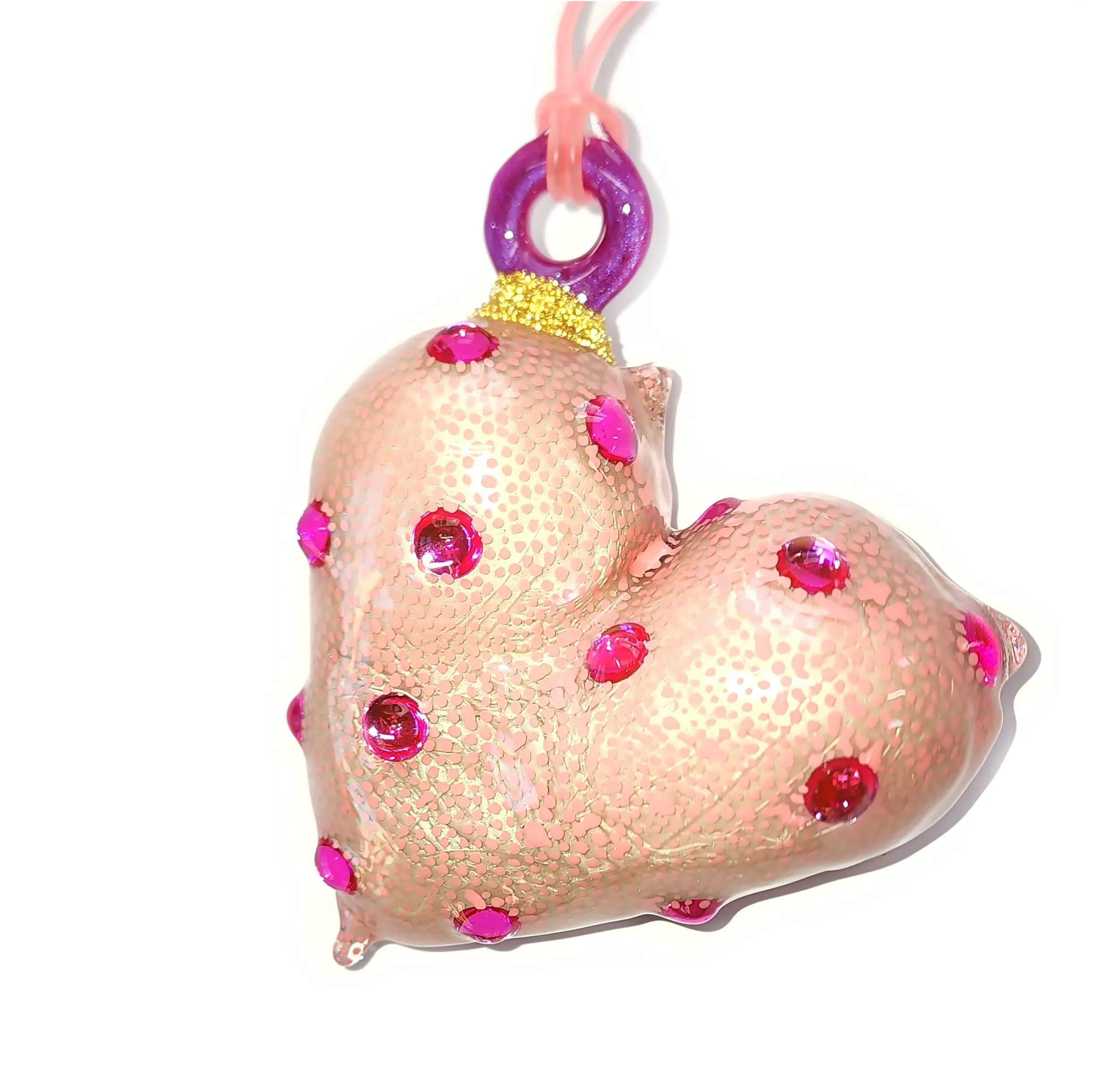Jillian Moore will share her methods for creating lush, dynamic surfaces in non-traditional materials gleaned from nearly two decades of studio research. Participants in this workshop will use slow curing epoxy resin as a jumping off point with additional time spent exploring other applications for alternative materials in the metals studio. Students are invited to conduct their own experimentation over the course of the workshop as well as bring in any samples of work in progress that they would like to troubleshoot together. All levels welcome.
Read MoreExplore the boundless potential of the brooch by learning Computer-Aided Modeling, 3D printing, laser cutting, and hydraulic press forming. Whether you are an experienced jeweler, an artist seeking to infuse tech into your craft, or simply curious about 3D printing, this workshop is the gateway to expanding your studio toolkit. Embrace an opportunity to experiment in an environment that celebrates an open, hybrid approach to making. We will employ 3D printing and computers within the metals studio and Haystack Fab Lab. While Haystack does have access to a limited number of computers, it is recommended that you have a laptop with Rhino 3D installed. Don't worry–Rhino offers a complimentary 30-day trial, so aim to install it just before the workshop commences. Prior familiarity with computers/CAD and basic skills in sawing, filing, and soldering are encouraged. All levels welcome.
Read MoreRethinking Stone Setting is a survey of numerous stone setting techniques. Students will learn prong setting, bezel setting, flush setting, and more. It is in the learning of these techniques where students will begin innovating within the mechanical bounds of each setting to support unique approaches for making jewelry. Explorations in material-smithing, alternative “stones,” and “breaking the rules” within each technique will be emphasized in this workshop. Be prepared with child-like curiosity as convention unfolds into creative exploration. Some experience in soldering and basic metalsmithing skills is encouraged but not required. All levels welcome.
Read MoreThis workshop focuses on using steel, typically considered a non-precious metal, to fabricate jewelry and small sculptures. Participants will learn about the working properties of steel and what makes it similar yet different from working with non-ferrous or precious metals. Demonstrations on sawing, annealing, forming, and finishing mild steel will be given. Students will explore soldering steel with gold and silver solders for construction and surface embellishment. Small-scale oxy/acetylene welding will also be taught for wire and sheet fabrication. It is preferable that students have at least some sawing experience, but it is not required. All levels welcome.
Read MoreThin metal sheets can be formed and fabricated to create the illusion of thickness: this is the silversmith’s sleight of hand. We will explore this effect by layering volumes and thickening edges. While handheld vessels are anticipated, other outcomes may ensue. Demonstrated techniques will include sinking and raising, lapped seams, specific soldering, casual chasing and repoussé, and forging. Copper or bronze sheet will be used. We will pour silver ingots if time allows. Basic metal experience, such as jewelry-making and torch use, is required.
Read MoreCloisonné enameling is essentially drawing with wires and filling in around them with glass. Several processes will be discussed and demonstrated, but cloisonné will be the primary technique covered. It can be simple or complex. Everyone will learn how to use Harlan's special jig for forming repetitive shapes in cloisonné. Participants in this workshop will also be composing haiku poems as a means to focus, relax, and foster a sense of community. Basic metalsmithing/jewelry skills and some enameling experience would be helpful, but beginners are welcome.
Read More





